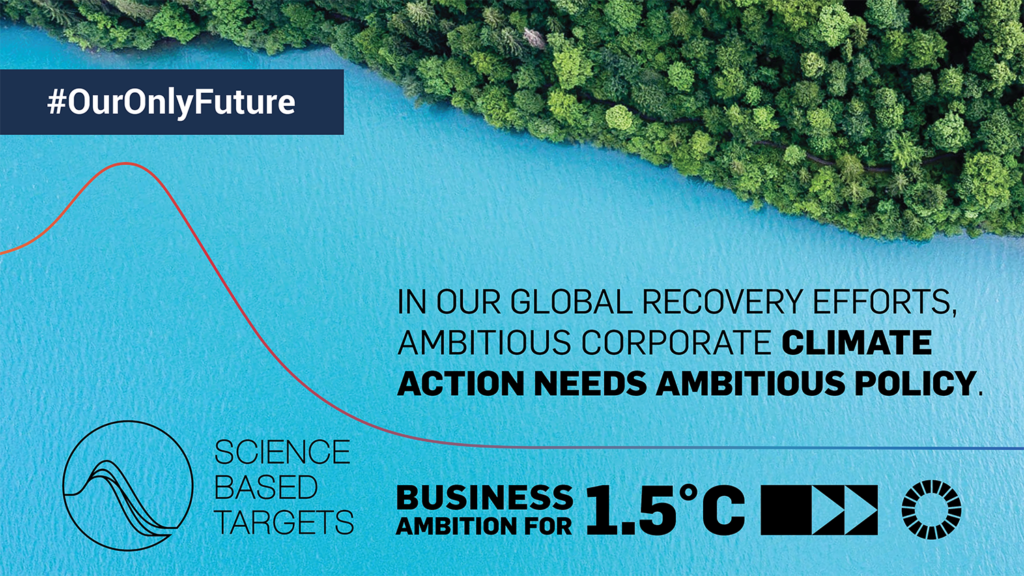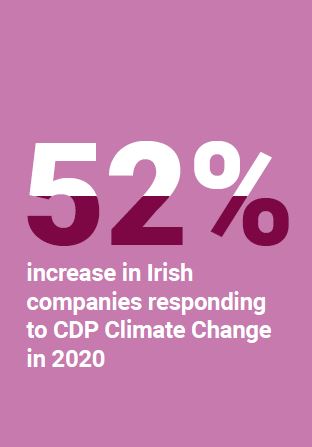
“The Science Based Targets Initiative calls on companies to be more ambitious in their climate action as they publish Net Zero target criteria for public consultation.”
The issue of corporate climate action is an ever-evolving space. For those just starting on their carbon journey, the best place to start is to calculate your emissions to the ISO 14064-1 or The GHG Protocol standard. However, with efforts to tackle the crisis ramping up in recent times, it can be difficult for more advanced companies to weed out the important issues among the noise. Having worked with a multitude of organisations across a broad range of activities, we at Clearstream Solutions have compiled a list of what we view as the 5 key issues that should be on the radar of any company serious about taking climate action
1. Climate Risk and Opportunity
Many organisations will compile a risk register to mitigate future loss to their business. But despite red flags being raised by leaders and scientists alike, not all companies will consider the risk that climate change will pose to their business. The Task Force on Climate-Related Financial Disclosures (TCFD) was established as a solution to this. Their ongoing guidance can aid companies in assessing the physical risks of climate change to them in the future, as well as the risks and opportunities for a company as economies transition to a low carbon future.
2. Measuring Scope 3
Measuring operational emissions from direct combustion or energy purchased has become the norm for many companies. However, it is now evident for a lot of organisations that this work is only the tip of the iceberg. It is becoming increasingly important to measure emissions across the entire value chain. For some sectors like retail, Scope 3 emissions can be over 95% of their overall emissions.

Irish companies ramp up climate ambition as 460+ companies with operations in Ireland respond to CDP’s Climate Change and Supply Chain programs in 2020″.
3. Product Emissions
There is a quote by Logitech which says: “Carbon is the new calorie”. As those in your value chain are looking to measure and reduce their own Scope 3 emissions, they will turn to you to be able to provide a footprint of your product. This is in addition to the new wave of eco-conscious consumers who are also increasingly seeking this information.
4. Verification
Verification has become standard for many companies measuring their emissions. Measuring emissions itself is important, but before stating them publicly or committing to targets, it’s always advised to get your emissions third party verified to ISO 14064-3 standard.
5. Targets
One of the most important steps towards reducing emissions is to commit to an emissions reduction target. There are many different types of targets an organisation can commit to, but which are leading best practise? Leading companies are committing to long term Net Zero targets by 2050 or sooner. They keep focus for this long term target by setting short term, interim targets in line with climate science towards these pathways: Science Based Targets.
The path to corporate climate leadership has many hurdles and will continue to evolve, but hopefully we have shed some light on some current key issues currently in this space. For those who may need some assistance, please feel free to reach out to us at Clearstream Solutions for any climate related needs.
Gráinne is a Carbon Program Manager at Clearstream Solutions with both research and practical experience in organisational carbon footprinting. She assists companies with their carbon journey including measuring, managing, verifying emissions to the ISO 14064-3 standard, target setting and disclosure to frameworks such as CDP.
